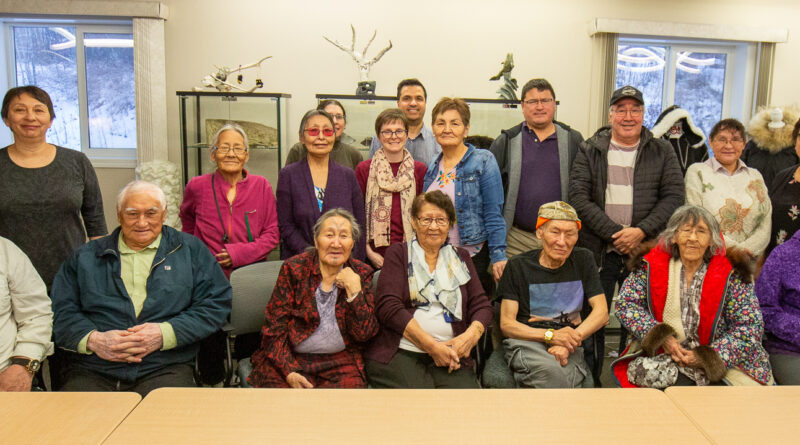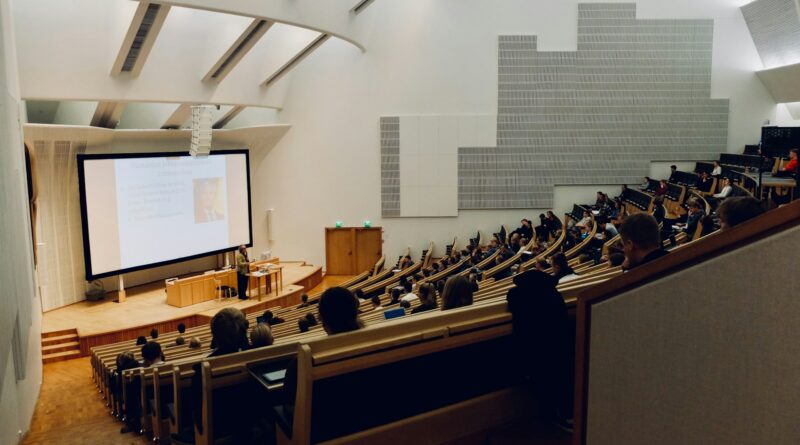Digital Self-Determination: Data Sovereignty in Inuvialuit Communities of Canada’s Western Arctic
Since 2013, researchers from the University of Alberta School of Library and Information Studies and the Inuvialuit elders, leaders, and community members in the Inuvialuit Settlement Region (ISR), Northwest Territories have collaborated to develop digital library and digital storytelling platforms to support Inuvialuit cultural heritage digitization, revitalization, preservation and access.
Read More













